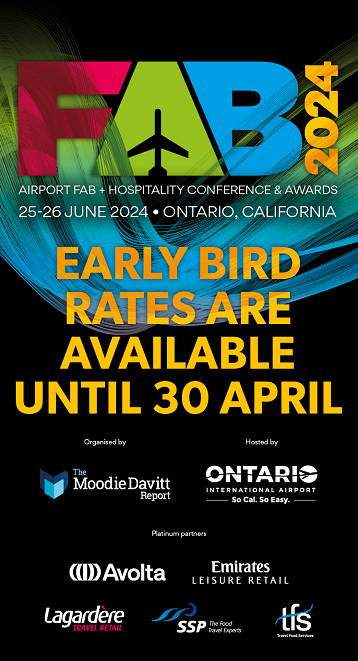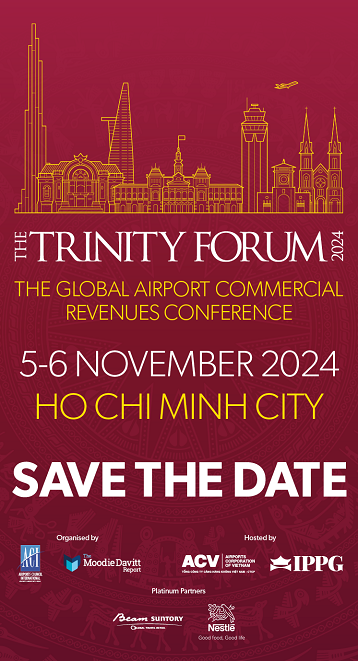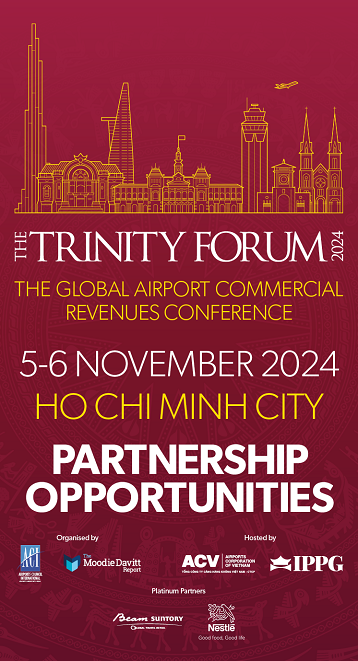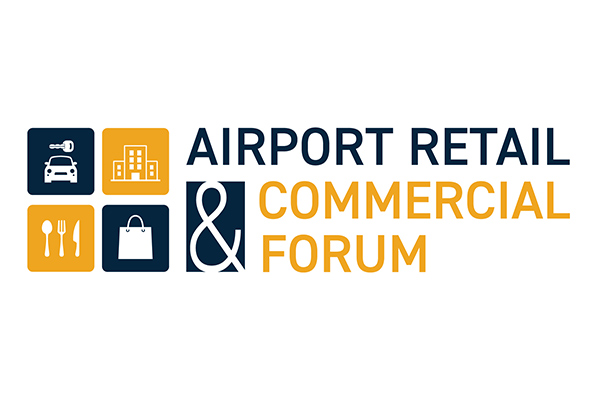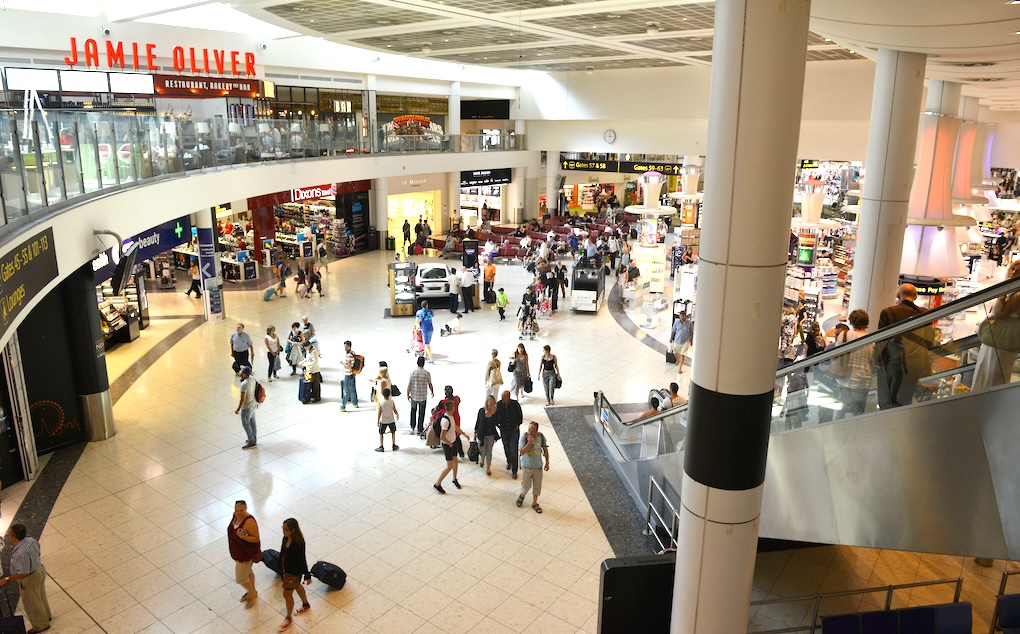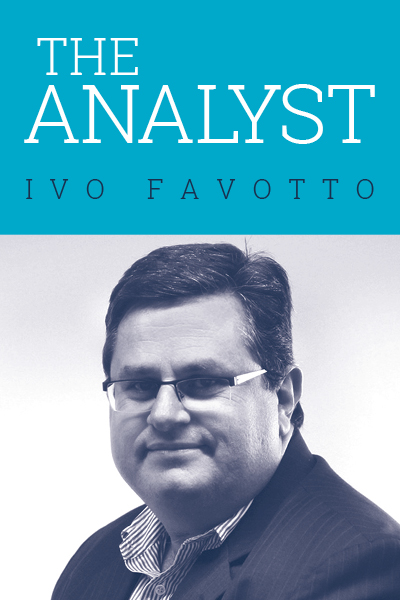 The Moodie Davitt Report introduces the latest feature in our new series, The Analyst, written by The Mercurius Group Founder & President Ivo Favotto*. Here the long-time travel retailer, now Sydney-based consultant looks at the issue of airport car park pricing in light of the recent release of a study on the subject, published jointly by The Moodie Davitt Report and The Mercurius Group.
The Moodie Davitt Report introduces the latest feature in our new series, The Analyst, written by The Mercurius Group Founder & President Ivo Favotto*. Here the long-time travel retailer, now Sydney-based consultant looks at the issue of airport car park pricing in light of the recent release of a study on the subject, published jointly by The Moodie Davitt Report and The Mercurius Group.
The views expressed in this column are not necessarily those of the publisher.
Airport car park pricing used to be transparently clear. Drive-up rates were published at the entrance to the car park or on airport websites and the rates shown made it simple to calculate what you ultimately paid.
Buying an airline seat used to be as simple too in those halcyon days when everyone knew the price to fly to their favourite destination.
Then yield management was applied to airline seats. Now, the price to fly anywhere depends on what time of day, what day of the week and what week of the year you want to fly as well as how far in advance you book your seat – not to mention the usual dynamics of supply and demand. There is no standard price – it all “depends”.
We are all slaves to price search engines – either single airline engines or multi airline engines – to tell us the price of our flight. And the answer could be different for the same flight from one hour to the next.
This is increasingly becoming the case with airport car parking spots. Like an empty airline seat once the aircraft has taken off, an empty airport car parking spot today cannot be sold tomorrow – it’s a new piece of inventory every day. Hence the growth in yield management systems for both airlines and airport car parks where revenue is optimised through managing the interface between demand and price.
At some point, booking a car park space at the airport will become as normal as booking an airline seat. Even if there will always be a need for drive-up rates, they are becoming increasingly hard to find on airport websites as the airports prefer to direct customers onto their yield management system.
While we are not yet at the point where booking a car park space is as common as booking an airline seat, the uptake of online booking systems by airports and their utilisation by consumers is growing materially every year.
In the recently released Airport Car Parking Study (published jointly by The Moodie Davitt Report and my company, The Mercurius Group), a comprehensive analysis was undertaken on the take-up rate of online booking systems by airports, by region and by airport size.
The study found that Europe is leading the way. Almost three times as many airports have online booking systems there than in the Americas or Asia Pacific. One sub-region in Europe even had a 100% take up rate of online booking tools.

The study also showed that the highest take up rate was among airports with 5-10 million passengers, compared to airports with more than 10 million passengers. Even airports with just 2-5 million passengers had a higher take up rate of online booking systems than the global average.
Airports can and do manage the utilisation of their car park assets according to demand relative to supply and taking into account competing car park offers (e.g. off-airport) and competing modes of transport (e.g. taxis and other forms of public transport). In this regard, every airport is different. Some airports use online booking tools to ration scarce capacity. Others use it to sell excess capacity. But they all use online booking tools to enhance their revenue from car parking assets.
The Airport Car Parking Study includes five case studies on the online booking tools at Sydney, Auckland, Manchester, Zurich and Munich airports, all with very different approaches. The case studies test the booking tools based on booking one day, two days or one week of parking at various future time points – one day, one week, one month, three months and six months in advance, with interesting results. As an example, booking a single day of parking six months in advance generated a modest saving relative to drive-up rates at one airport, no saving at two airports, and a premium price at another two!
The Airport Car Parking Study highlights four broad areas of benefit to airports resulting from developing online booking tools.
Cash flow benefits include:
o getting cash well in advance of car park utilisation rather than in arrears;
o benefitting from cancellation policies that have conditions on refunds;
o benefitting from conservative passengers over-booking;
o greater car park utilisation (filling empty spaces in periods of low demand);
o higher prices overall as offering some discounts/special offers gives airports more of a social licence to optimise revenue from other sources.
Customer relationship management benefits include:
o building “frequent parker” programmes to develop more of a relationship with key customers;
o up-selling – introducing more and more segments to allow for a differentiated product offer;
o cross selling – using car parking to sell duty free, retail and food & beverage.
Competition management:
o building a product that can compete with off-airport parking operators;
o shifting customers between modes – e.g. getting people to switch from taxis to self-drive.
Customer service:
o allowing customers to engage with airport parking in a way that is most convenient and is the way that some (most?) customers prefer (i.e. online);
o managing consumer, regulator and government perceptions of airport pricing (i.e. using online booking discounts to build a social licence to optimise car parking prices.
It seems that the further adoption by airports of online booking tools is inevitable as the benefits of yield management become more widely understood, although there remain a number of regions and sub-regions where there are significant gaps in take-up of online booking tools.
At the same time, a key issue for airports is managing the consumer perception of the online booking service. Rightly or wrongly, many still see airport car parks as a monopoly service – the level of public interest and government scrutiny of car parking prices is testament to that. The potential opacity that online booking tools will bring to car parking prices needs to be carefully considered and managed so that the undoubted upsides are not lost. The online booking tool case studies in the Airport Car Parking Study would appear to suggest there is work to be done.
Please visit The Mercurius Group website for more information and analysis.
Previous articles by The Analyst:
Australian downtown tax free shopping outstrips airport duty free
‘Brexit’ and the five stages of grief
What does ‘Brexit’ spell for European travel retail?
Australia bucks retailer consolidation trend
*About Ivo Favotto
Ivo Favotto has a long and distinguished record in the airport and travel retail sectors. A trained economist, he entered the airports/infrastructure sector with Australia’s Federal Airports Corporation in 1992 as GM – Planning & Economics.
He later built a highly successful international airports/infrastructure consulting practice, working with three firms – Bach Consulting, Arthur Andersen and URS Corp – and advising many of the world’s leading airports, governments and investors in the areas of retail planning, master planning and privatisation/transaction support.
In 1998 he established the market-leading Airport Retail Study, selling it to Moodie International so he could join The Nuance Group (now owned by Dufry) as Executive Vice President – Strategy & Business Development in Zürich. He later returned to his native Australia as Director – Sydney Airport before being named Executive General Manager of Duty Free & Luxury, Pacific for Lagardère Travel Retail.
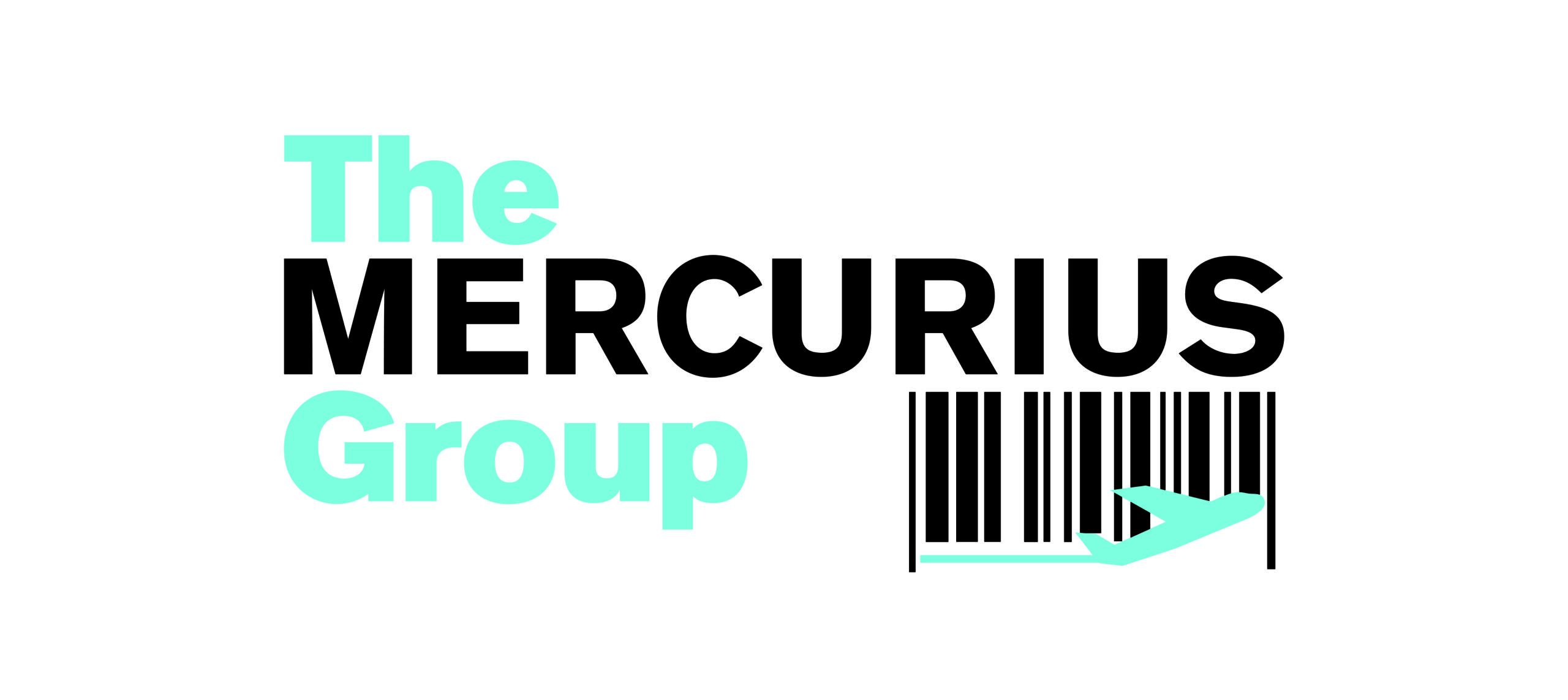 He has now formed The Mercurius Group, a Sydney-based consultancy focused on industry research, consultancy and benchmarking studies. The company also assumes responsibility for revamping and relaunching The Airport Commercial Revenues Study (ACRS), which Ivo founded (as The Airport Retail Study) and sold to Moodie International in 2007 as part of an informal alliance between Mercurius and The Moodie Davitt Report.
He has now formed The Mercurius Group, a Sydney-based consultancy focused on industry research, consultancy and benchmarking studies. The company also assumes responsibility for revamping and relaunching The Airport Commercial Revenues Study (ACRS), which Ivo founded (as The Airport Retail Study) and sold to Moodie International in 2007 as part of an informal alliance between Mercurius and The Moodie Davitt Report.
Contact: Tel: +61 423 564 057; E-mail: ifavotto@themercuriusgroup.com; Website: www.themercuriusgroup.com




